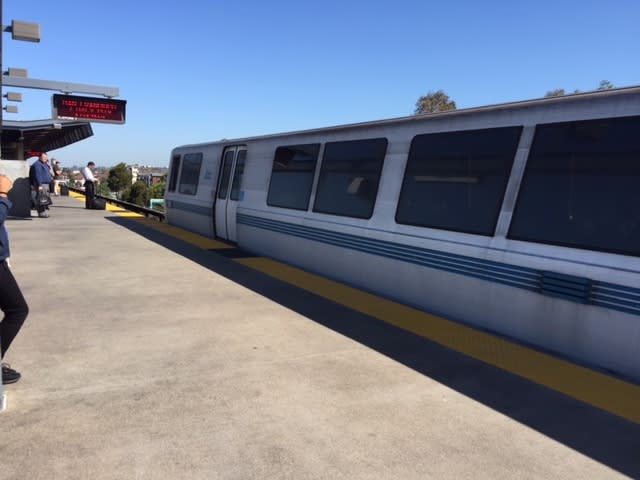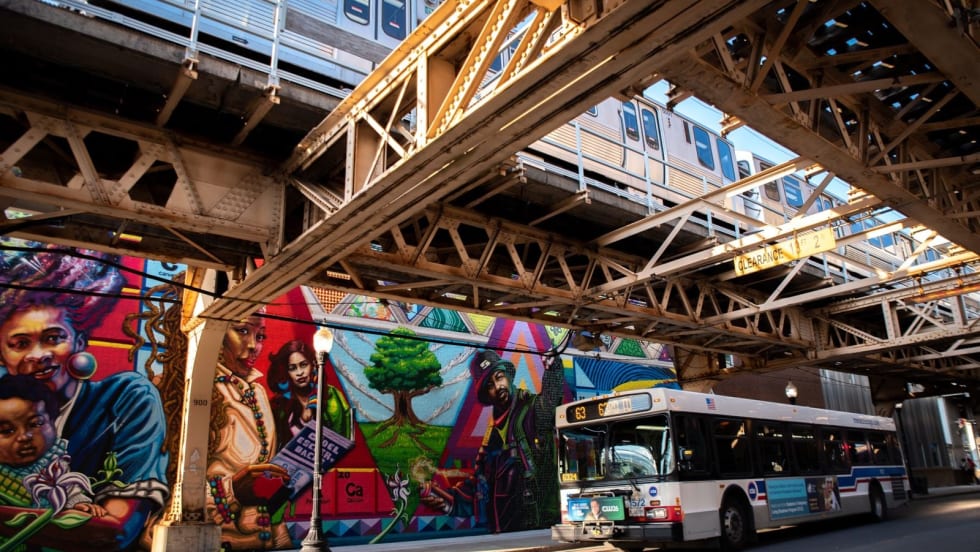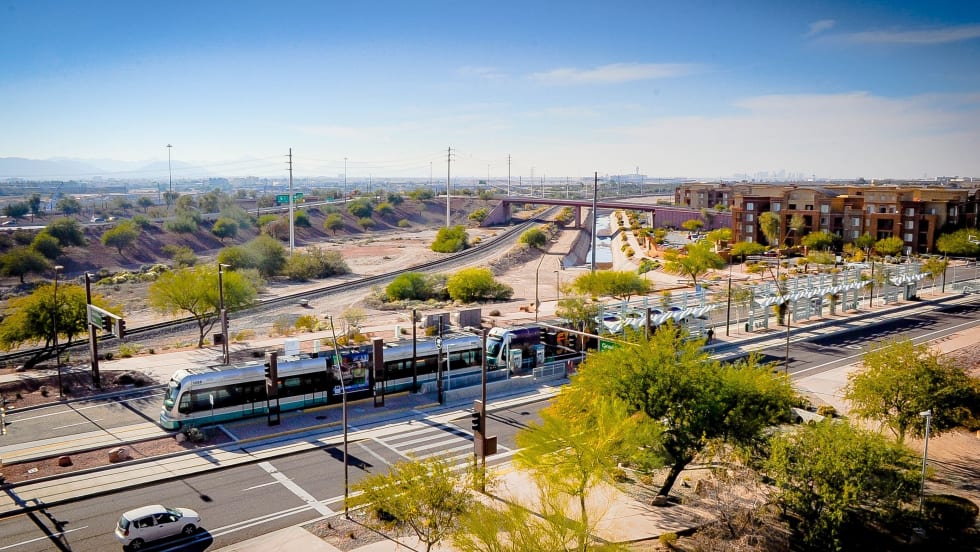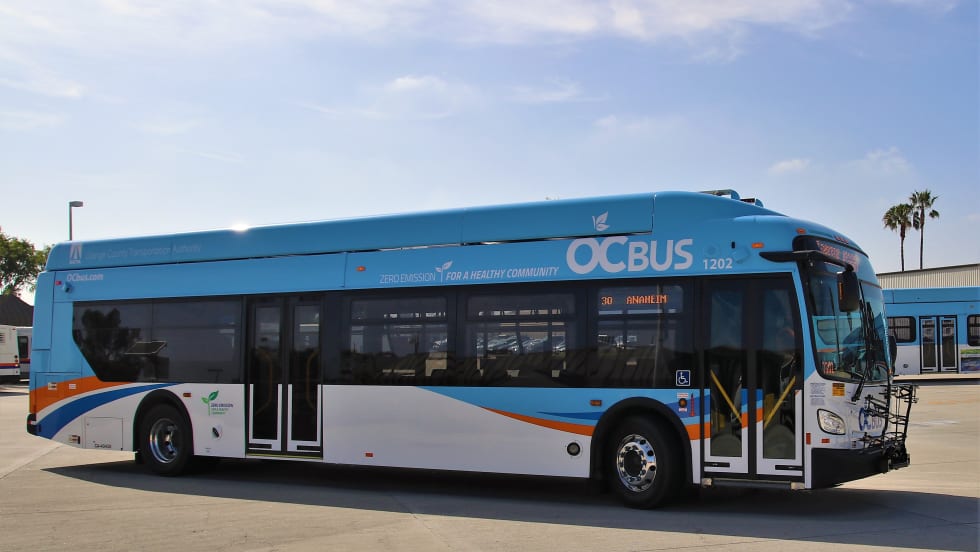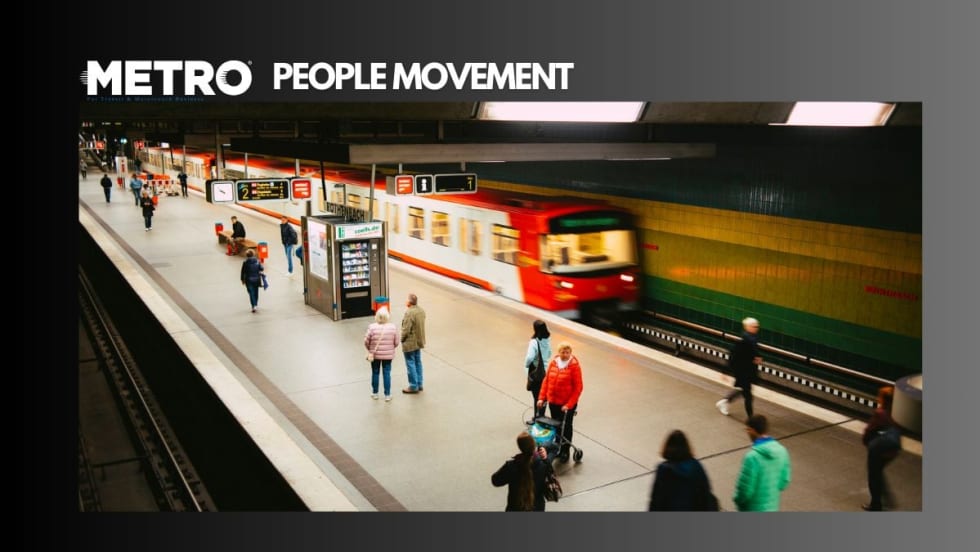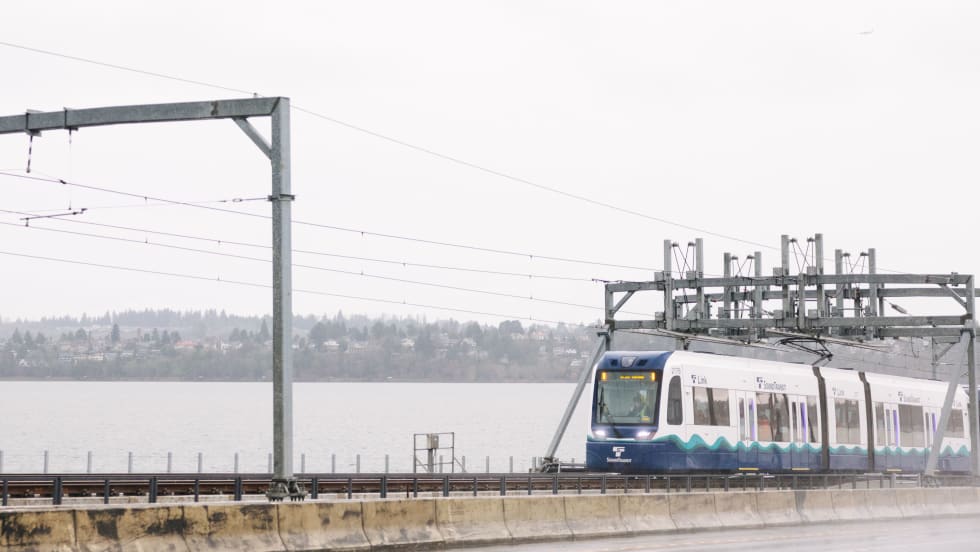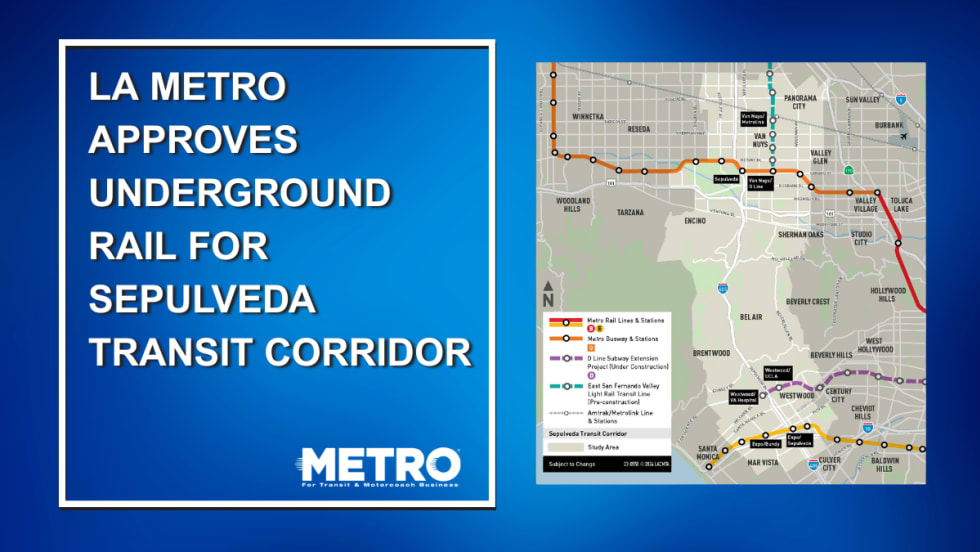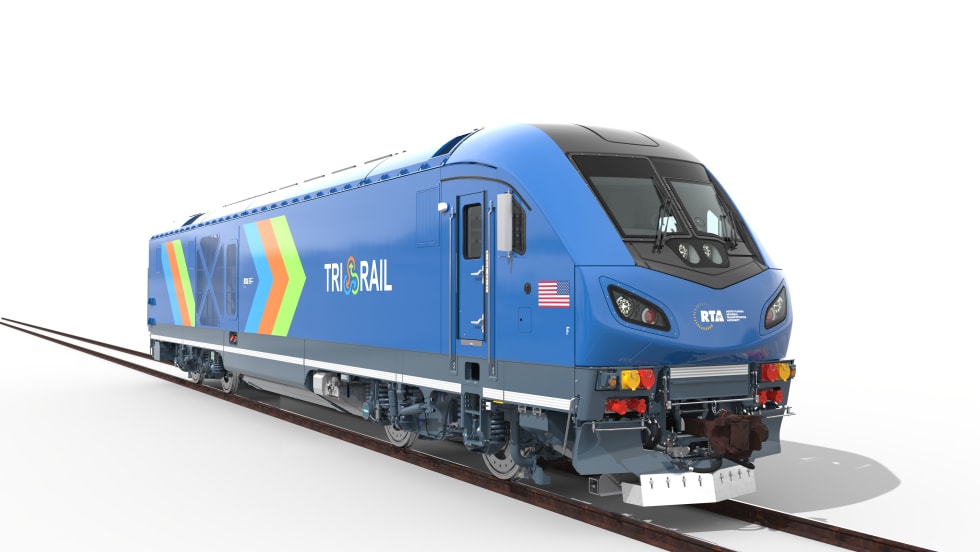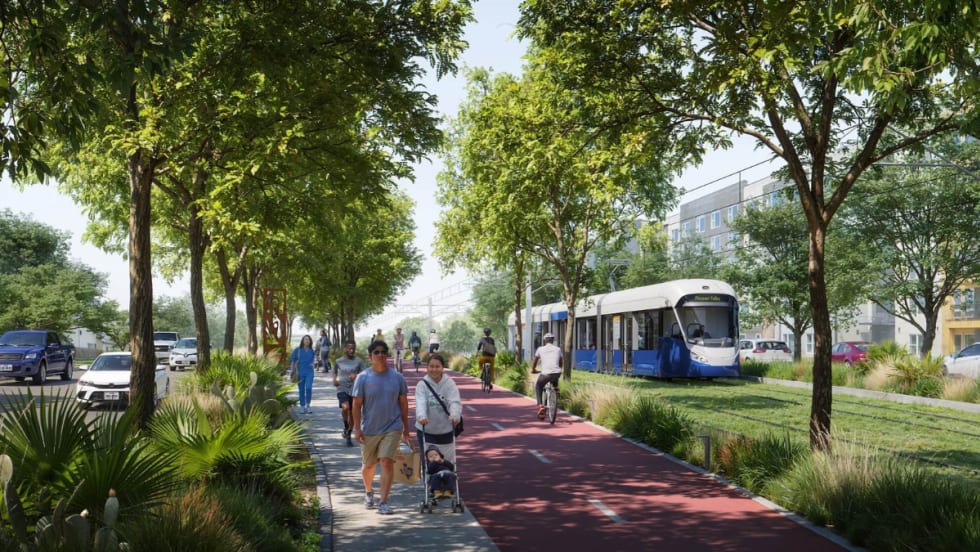Hitachi Rail STS USA Inc. was awarded a $798 million contract with San Francisco’s Bay Area Rapid Transit District (BART) to design, build, and install the latest generation of technology for digitally controlling trains — called Communications-Based Train Control (CBTC) — which will result in increased capacity and improved service.
Replacing the current train control system, which is more than 48 years old, with Hitachi’s new CBTC system allows BART to safely operate the trains on tighter schedules and at more closely spaced intervals, significantly increasing the Transbay throughput and passenger capacity. Hitachi’s CBTC System will enable BART to meet the projected demand of over 30,000 Transbay passengers per hour at peak and includes options that could extend the system to Silicon Valley via the Berryessa extension and the Santa Clara extension.
Overall, BART anticipates that the project will create some 500 new jobs, with nearly 8,800 potential direct and indirect jobs resulting from these infrastructure investments.
Hitachi’s extensive global experience in CBTC technology includes projects from Ankara to Paris to China. The company’s scope for BART includes design, manufacture, supply, installation, testing, and commissioning of its CBTC solution, as well as the supply and commissioning support of vehicle-related car-borne equipment for BART’s railcars. The contract also includes wayside signaling, communications, and the automated train supervision systems.
BART also awarded Hitachi an $8.6 million contract for train control performance support services for up to 20 years, representing an investment in the long-term training and expert support for BART’s maintenance personnel.
Given its size, scope and complexity, Hitachi’s CBTC project for BART will be one of the most extensive signaling projects in the U.S., and a key pillar of BART’s comprehensive $3.5 billion Transbay Corridor Core Capacity Project. When completed in 2029, BART will have the increased capacity to operate 30 10-car trains per hour on the Core Corridor. The new CBTC System is designed provide the highest level of safety in addition to increasing the frequency of trains and passenger capacity in the most heavily traveled rail sections of the BART System.



